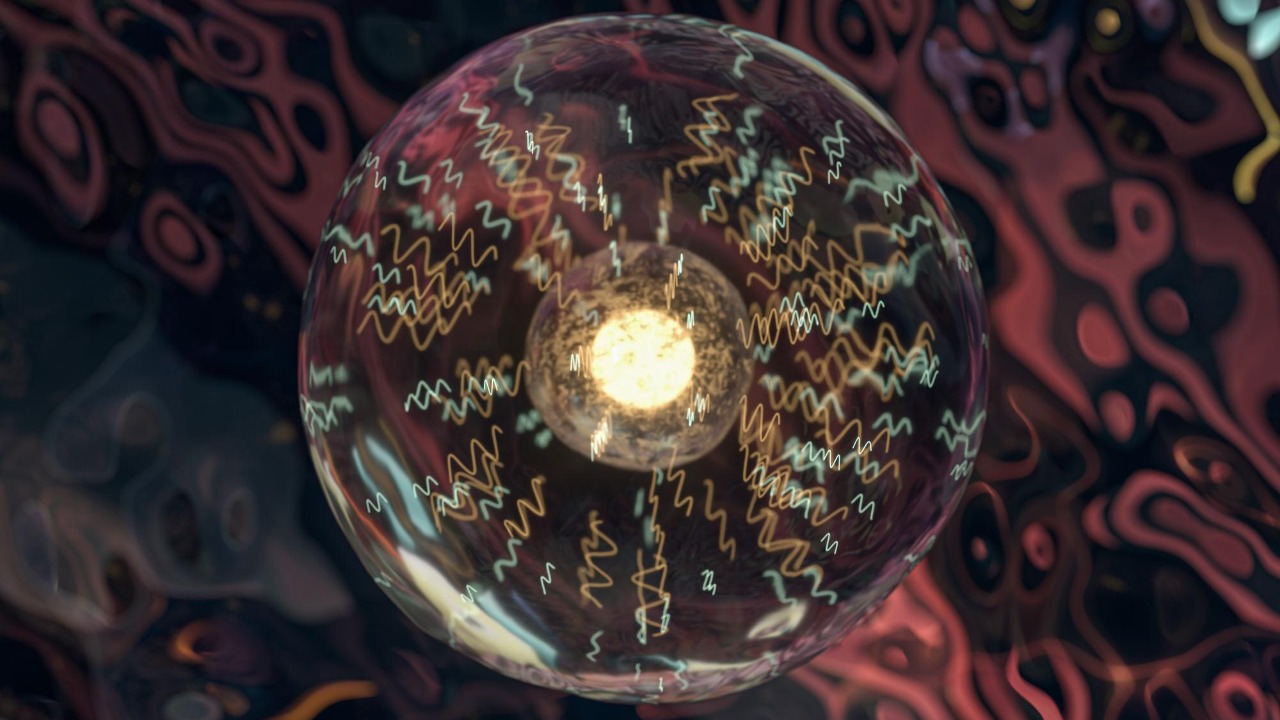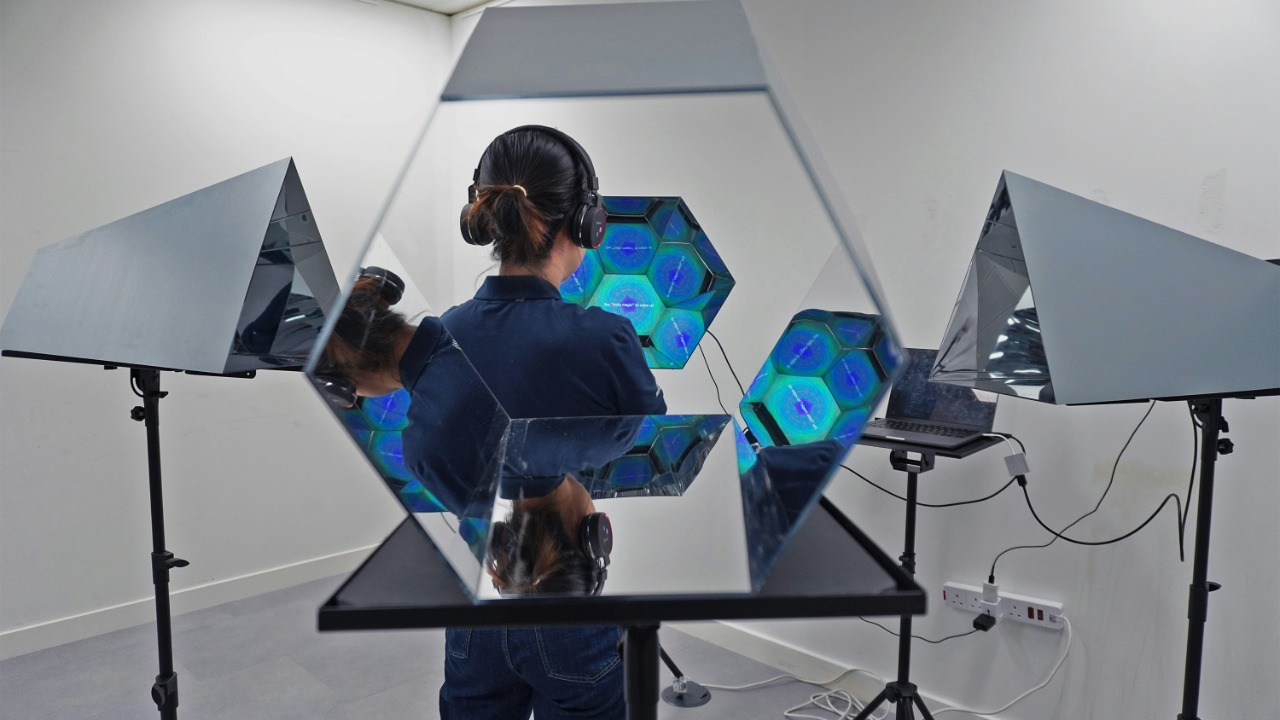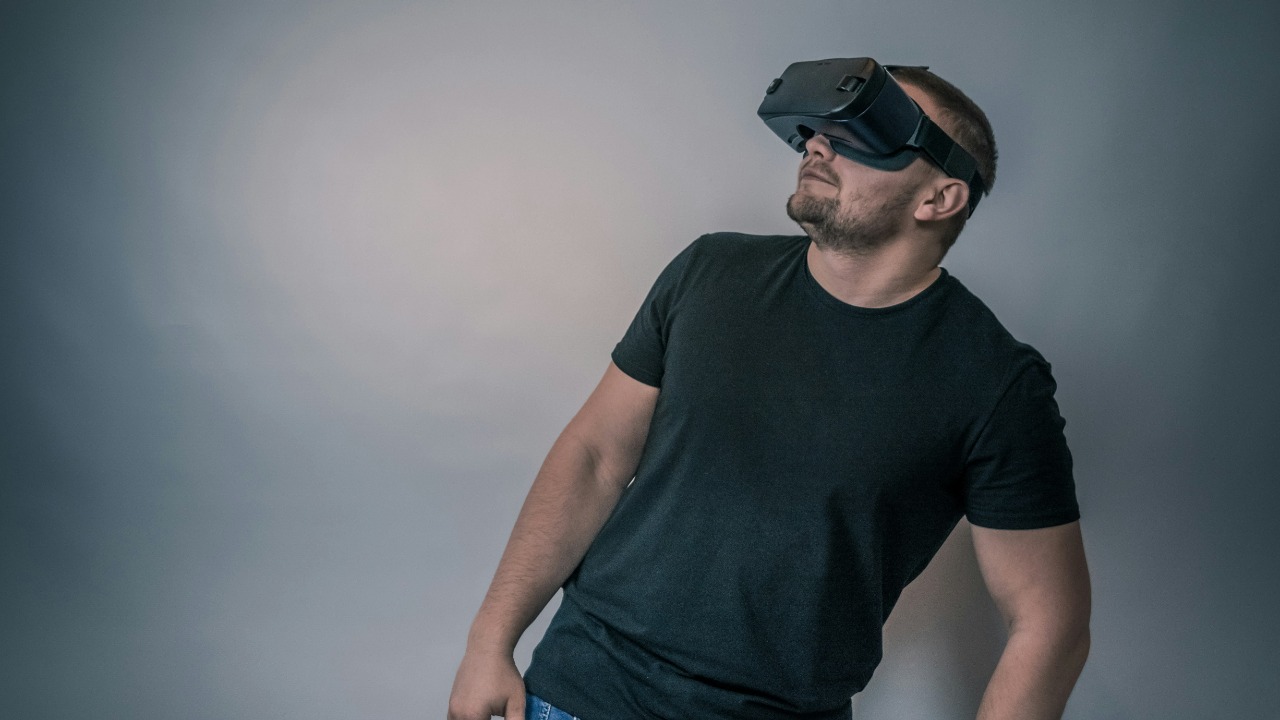Simulation theory, once a topic confined to science fiction, is gaining serious consideration among scientists today, with some suggesting we might be living in a computer-generated reality similar to “The Matrix” (Quantum Zeitgeist). This theory is explored not only in movies and TV shows but also in serious scientific discussions about the nature of our universe (Interesting Engineering). A growing number of experts are delving into whether our reality is, in fact, a sophisticated simulation (Syfy).
The Rise of Simulation Theory in Popular Culture

Movies like “The Matrix” have played a pivotal role in bringing simulation theory into the mainstream consciousness. This film, along with others, has sparked widespread public interest by portraying a world where perceived reality is an artificial construct. Such narratives have not only entertained audiences but also encouraged them to question the very nature of their existence (Interesting Engineering).
Television shows have also contributed to this growing intrigue by exploring themes of simulated environments and alternate realities. These shows often blur the lines between fiction and reality, prompting viewers to consider the possibility that their own lives might be part of a larger, orchestrated simulation. This cultural phenomenon has paralleled an increase in scientific inquiry into the feasibility of simulated realities (The Week).
As public interest in simulation theory has grown, so too has the scientific community’s engagement with the concept. Researchers are increasingly examining the implications of living in a simulated universe, driven by both technological advancements and philosophical questions about the nature of reality (The Week).
Beyond films and television, simulation theory has permeated other areas of popular culture, including video games and literature. Video games, in particular, offer interactive experiences that simulate alternate realities, allowing players to immerse themselves in worlds that challenge their perceptions of reality. This interactive medium has become a fertile ground for exploring the boundaries between the virtual and the real, further fueling public fascination with the concept of simulated realities. Similarly, literature has long been a platform for philosophical exploration, with authors using the written word to delve into the implications of living in a simulated world. These cultural expressions reflect a broader societal curiosity about the nature of existence and the potential for technology to reshape our understanding of reality (Interesting Engineering).
Scientific Perspectives on Simulation Theory

Within the scientific community, there is a lively debate about the possibility that we are living in a simulation. Some scientists argue that the complexities of our universe could be the result of advanced computational processes, suggesting that what we perceive as reality might be an elaborate digital construct (Quantum Zeitgeist).
Analyzing the technical feasibility of creating a simulated universe involves examining current computational capabilities and their limitations. While today’s technology is far from being able to simulate an entire universe, rapid advancements in computing power and artificial intelligence suggest that such a feat might not be entirely out of reach in the future (Syfy).
If the simulation hypothesis were true, it would have profound implications for our understanding of consciousness and reality. It raises questions about the nature of existence and whether our thoughts and experiences are genuine or merely programmed responses within a simulated environment (Michigan Daily).
One of the most compelling arguments for the simulation hypothesis comes from the field of cosmology. Some scientists propose that the fine-tuning of the universe’s physical constants could be indicative of a designed simulation. This perspective suggests that the precise conditions necessary for life to exist might not be a random occurrence but rather a deliberate configuration by an advanced civilization capable of creating such simulations. Additionally, the study of quantum mechanics has introduced concepts that challenge traditional notions of reality, such as the observer effect and quantum entanglement, which some theorists argue could be explained by a simulated framework. These scientific inquiries continue to push the boundaries of our understanding, prompting further investigation into the plausibility of the simulation hypothesis (Quantum Zeitgeist).
Technological Advances and Their Role in Simulation Theory

Advancements in virtual reality and artificial intelligence are making the concept of simulated worlds increasingly plausible. These technologies are already capable of creating immersive environments that mimic real-world experiences, suggesting that the line between reality and simulation could become increasingly blurred (Quantum Zeitgeist).
Recent developments in computing, such as quantum computing and machine learning, are pushing the boundaries of what is possible in terms of simulating complex systems. These advancements may one day enable the creation of simulations that are indistinguishable from reality, raising questions about the nature of our own universe (Syfy).
The potential to simulate conscious beings also brings with it a host of ethical and philosophical questions. If we can create simulations that are indistinguishable from reality, we must consider the moral implications of creating and manipulating conscious entities within these artificial worlds (The Week).
As technology progresses, the potential for creating highly realistic simulations becomes more tangible. Virtual reality (VR) and augmented reality (AR) technologies are already transforming how we interact with digital environments, offering experiences that are increasingly indistinguishable from real life. These advancements suggest a future where simulations could become so sophisticated that they replicate the sensory experiences of the real world with perfect fidelity. Moreover, the development of neural interfaces, which allow direct communication between the brain and computers, could further blur the line between reality and simulation. This convergence of technologies not only enhances the feasibility of creating simulated realities but also raises critical questions about the ethical use of such technologies and their impact on human perception and identity (Syfy).
The Psychological and Philosophical Implications

Living in a simulation could have significant effects on human psychology and our understanding of free will. If our actions and thoughts are predetermined by a programmed reality, it challenges the notion of autonomy and self-determination (Michigan Daily).
Philosophically, the idea that we might be living in a simulation raises fundamental questions about the nature of existence and reality. It forces us to reconsider what it means to be “real” and whether our perceptions can be trusted (The Week).
If simulation theory were proven true, it could lead to profound societal impacts, such as shifts in existential beliefs and values. The realization that our universe is a simulation might alter how we perceive our place in the world and our relationships with others (Quantum Zeitgeist).
The notion of living in a simulation also intersects with existential and metaphysical inquiries, prompting individuals to reflect on the meaning of life and the nature of consciousness. If our reality is indeed a simulation, it challenges the authenticity of our experiences and the validity of our emotions, potentially leading to existential anxiety or nihilism. However, some philosophers argue that even if we are in a simulation, it does not diminish the value of our experiences or the significance of our relationships. Instead, it could offer a new perspective on the interconnectedness of all things and the potential for growth and understanding within any given reality. This philosophical exploration encourages a deeper examination of what it means to be human and how we define our existence in an ever-evolving technological landscape (Michigan Daily).